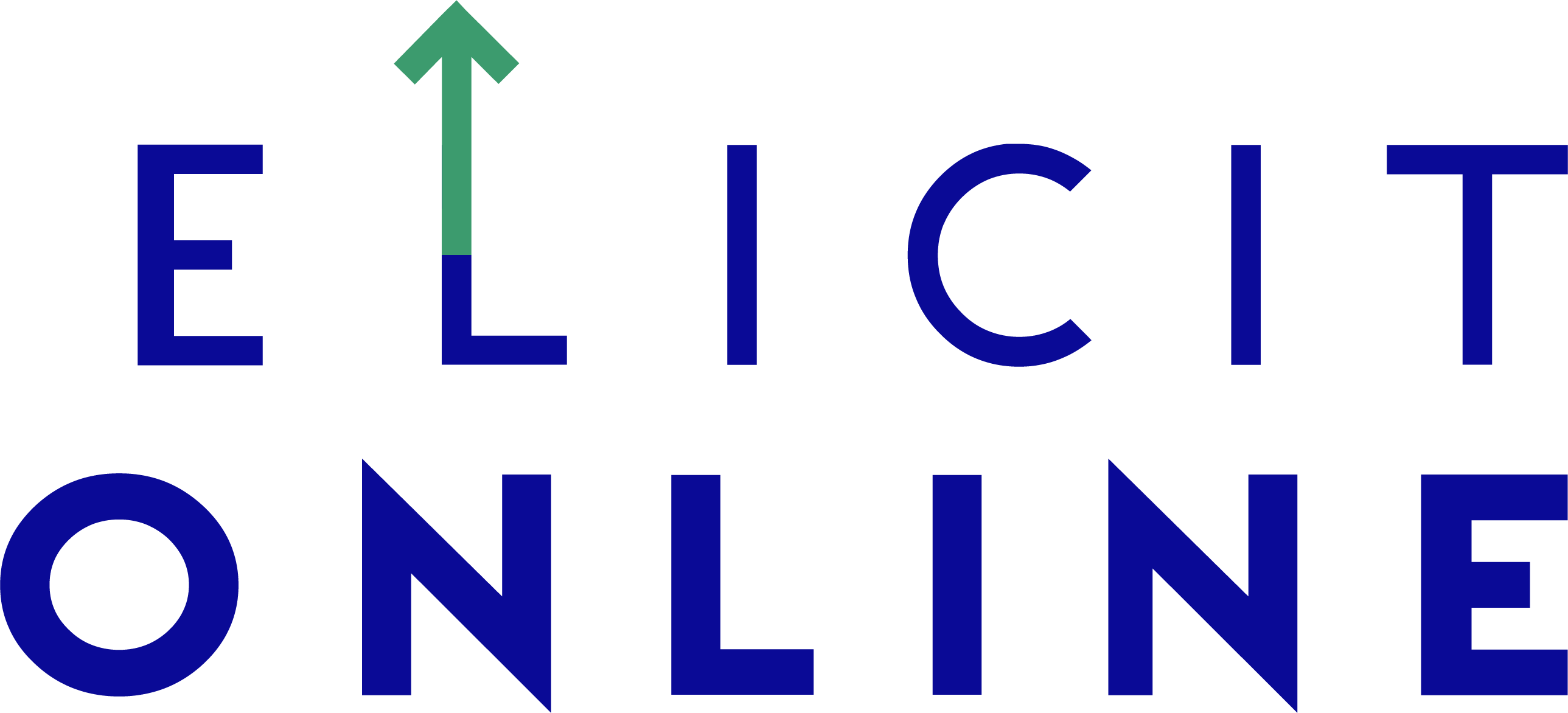
ELICIT Online one of the most innovative companies of 2020
DEVENTER - ELICIT Online has been voted one of the 100 most innovative companies of 2020. The choice was made by an expert panel on behalf of
SHARE:
ELICIT Online's method of capturing knowledge and making it available to those who need it is based on scientific theory. The issue with scientific theories is often that they work in a controlled scientific setting, but what about 'in the real world', practice? After interviews with more than 200 experts, we can conclude that the method has proven itself in practice.
Experts have stored a vast amount of knowledge regarding cause and consequential relationships in their heads. If, for example, an expert hears a strange noise somewhere, they immediately think of what could be a possible cause. After a few quick checks, the cause is found and adequately solved. Without proper knowledge of the most important cause and effects, you can keep searching for hours, if not days, resulting in excessive failure costs. As a result, people regularly dwell on the details.
We have seen this happen time and again at ELICIT, regardless of the sector in which the expert works and the education or training the expert has. By focusing the interviews on the 'what' and 'how' of decision-making, and not the 'why', ELICIT Online is able to create a knowledge structure. One that is limited in parameters, allowing the experts to better share and transfer their knowledge.
This is the basis of standardising knowledge and proving that our method works not only in theory, but also in practice.
If you want to know how we reached that conclusion, we recommend that you read the whitepaper: "This is what I have discovered. After capturing experience knowledge of over 200 experts". The whitepaper was written by Wouter Schotborgh, the creator of the ELICIT Online method. After more than 200 interviews, Wouter looks back on the interviews, how the theory works and the epiphanies it brought him.

DEVENTER - ELICIT Online has been voted one of the 100 most innovative companies of 2020. The choice was made by an expert panel on behalf of

Moderne productiesystemen worden steeds meer geautomatiseerd. Dat betekent dat een operator steeds minder invloed heeft op het productieproces als dat eenmaal goed loopt. Maar gaat

Data is everything. It not only gives you insight into your system, it is also the foundation of Machine Learning and cognitive computing. This allows you
Register for our mailing!

